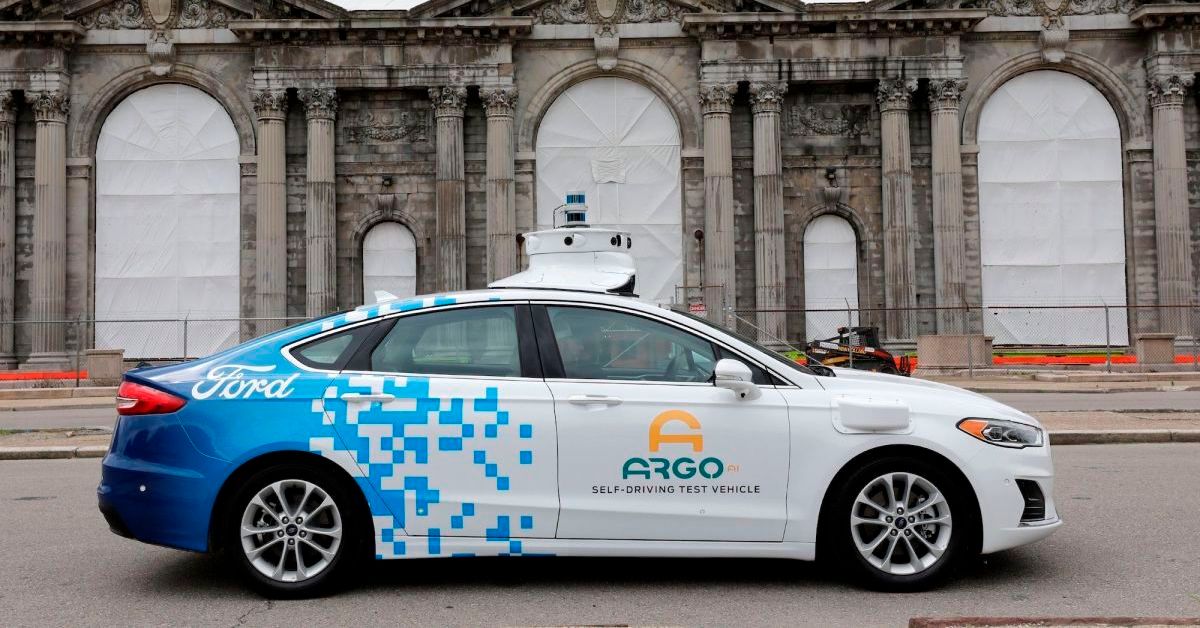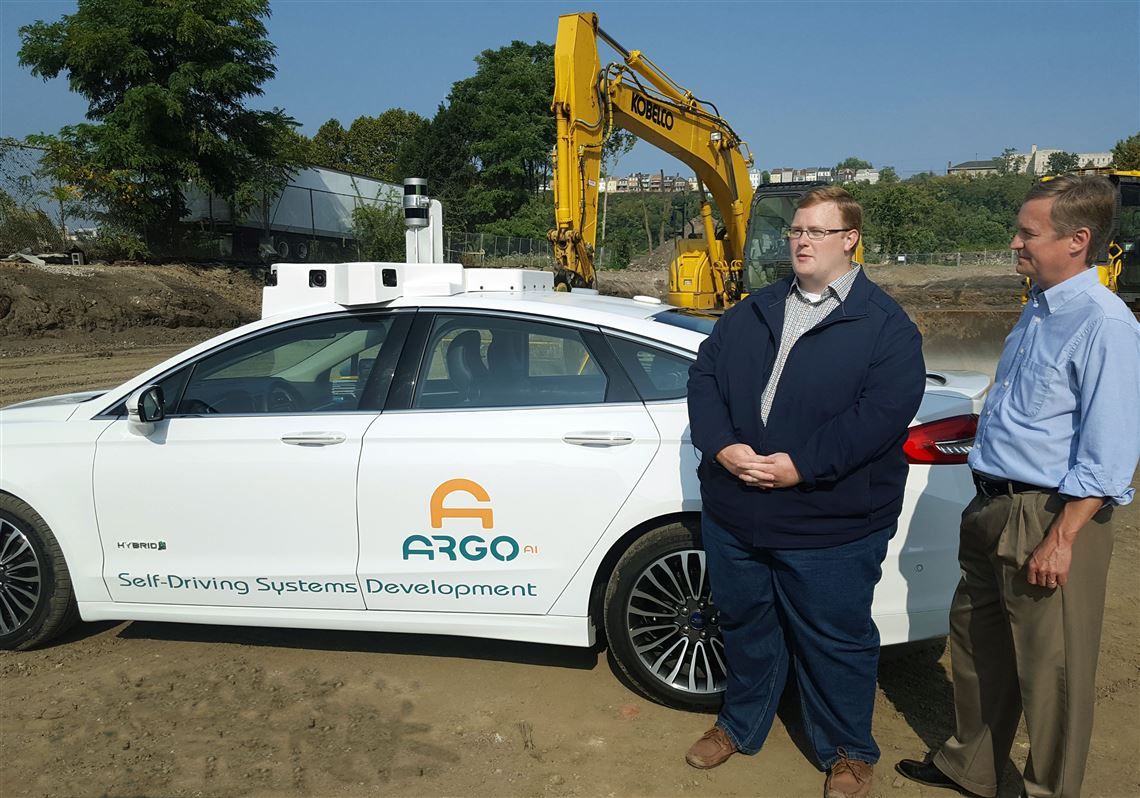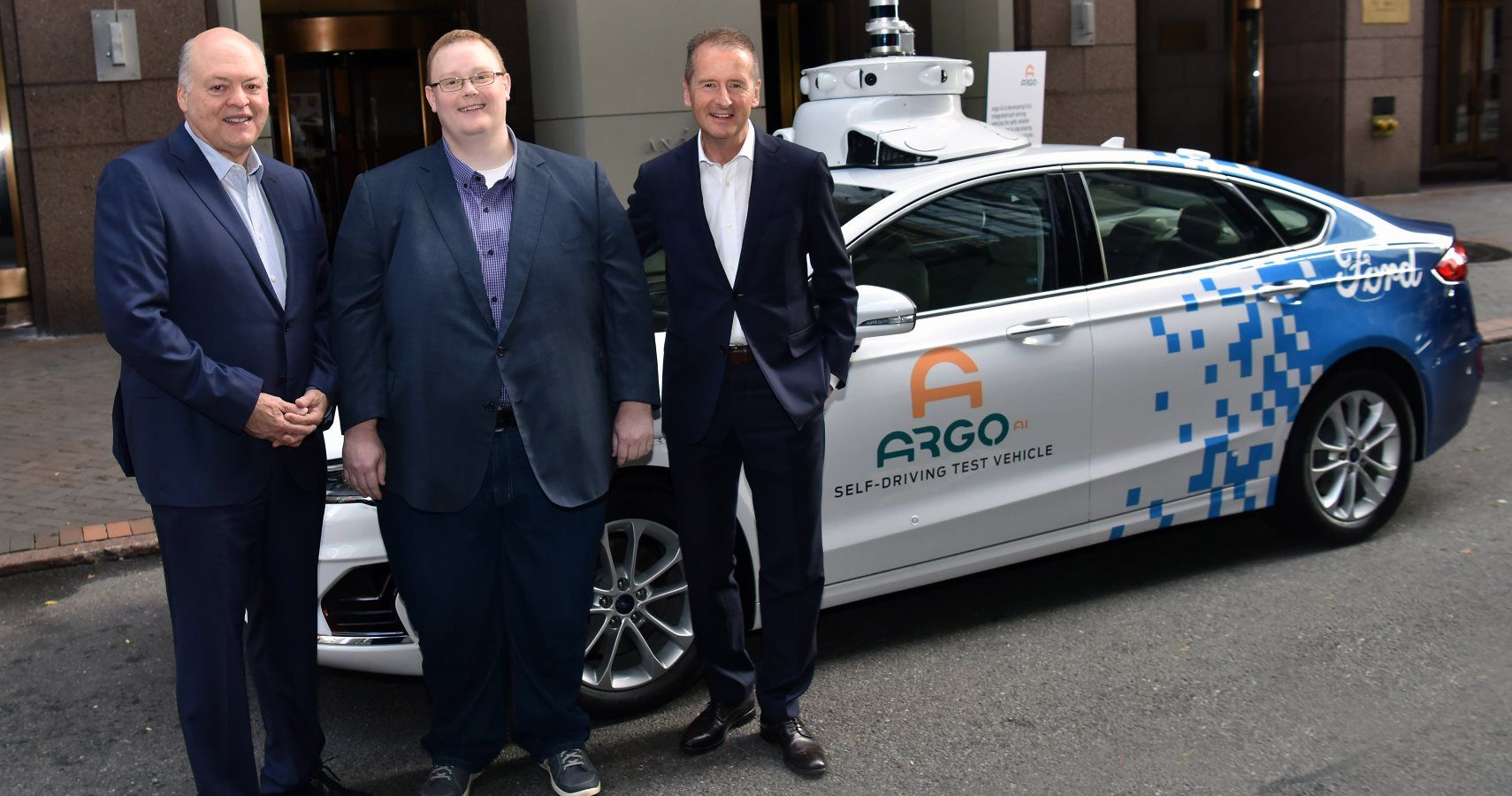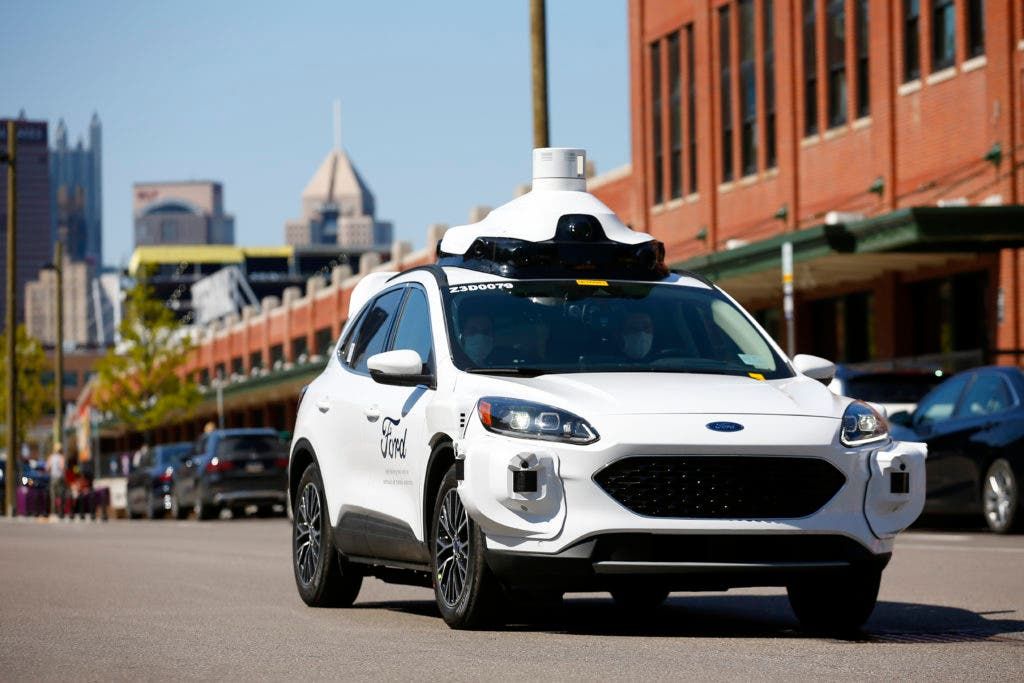Ford Motor Co. and Volkswagen AG have announced that they are shuttering Argo AI, an autonomous vehicle technology company backed by both of them to shift. Jim Farley, Ford President and CEO stated in a statement that the company is adapting to market conditions. “During the quarter, Ford concluded that the auto industry’s large-scale profitable commercialization of Level 4 advanced driver assistance systems will be further out than originally anticipated – but development and customer enthusiasm for benefits of L2+ and L3 ADAS warrant dialing up the company’s near-term aspirations and commitment in those areas,” said the company statement. "In the third quarter, Ford made a strategic decision to shift its capital spending from the L4 advanced driver assistance systems being developed by Argo AI to internally developed L2+/L3 technology.”
The Ford statement also notes that Argo AI had not been successful in luring in new investors. Ford subsequently recognized a $2.7 billion non-cash, pretax impairment on its investment in Argo AI, leading to a $827 million net loss for the third quarter.
Ford remains “optimistic,” about the future of autonomous vehicles, “but profitable, fully autonomous vehicles at scale are a long way off, and we won’t necessarily have to create that technology ourselves,” said Jim Farley.
Meanwhile, Volkswagen detailed a similar path in a statement. “Our goal is to offer our customers the most powerful functions at the earliest possible time and to set up our development as cost-effectively as possible,” VW CEO Oliver Blume said in a statement.
At the same time, Argo AI acknowledged it will be ceasing operations. “Many of the employees will receive an opportunity to continue work on automated driving technology with either Ford or Volkswagen, while employment for others will unfortunately come to an end,” Argo AI said in a statement.
The Biggest Challenge: Financing The Ford And Volkswagen Autonomous Car Project
As mentioned above, Argo could not secure more funding from new investors, so Ford ceased financing the company and concentrate instead on its own driver-assistance technology. Meanwhile, Volkswagen has invested $2.6 billion into Argo in 2019.
“The investment will come in the form of $1 billion in cash and contributing its Munich-based Autonomous Intelligent Driving (AID) group,” said Forbes in July 2019. “AID has about 200 engineers and is being valued at $1.6 billion. As a result of the deal, AID will be merged with Argo AI and become Argo AI Europe.”
It is surprising that Argo failed given the significant investments made by Ford and Volkswagen in the project, but it raises serious questions about the escalating expenses associated with the development of autonomous vehicles.
Following the early excitement for autonomous vehicles, several investors realized the hazards and the significant financial commitments involved and are now pulling out of these endeavors. For instance, Lyft has announced that it will sell its self-driving division, Level 5, to Woven Planet Holdings, a subsidiary of Toyota Motor, in a deal valued at $550 million.
In 2020, Uber, which invested hundreds of millions of dollars on a self-driving car project, has sold its autonomous vehicle unit to a Silicon Valley start-up. And Nuro took over Ike, a startup founded by former employees of Apple, Google and Uber Advanced Technologies Group that hoped to build self-driving trucks. In the most literal sense, even the wealthiest corporations are abandoning self-driving car efforts because it will take years and billions of dollars until autonomous cars become a reality.
Ford And Volkswagen: Creating Commercially Viable Autonomous Vehicles Comes With Unique Challenges
Car manufacturers and tech startups must overcome many obstacles besides spending billions of dollars to produce autonomous vehicles. Evidently, there are the legal implications as we’ve seen in the discussions with Tesla’s Autopilot and subsequent crashes. Who is responsible if the car kills a pedestrian or crashes into a property? Is it the automaker? The company that developed the software? And who bears responsibility for insurance?
Currently, there are 38 states that have introduced legislation regarding autonomous vehicles, but thus far, there isn’t any consensus on the topic or comprehensive federal regulations. As such, US representative Debbie Dingell told Reuters, the United States "cannot afford to have a patchwork of laws either across 50 states.”
In addition to liability concerns and a lack of industry standards, there are also technical difficulties. The most evident being radar interference. “Chances are the radio waves transmitted by two or more vehicles in close proximity will interfere with one another, resulting in false signals,” says Aberdeen Strategy and Research. “Airplanes can readily use radar technology, as the volume of air traffic is negligible compared to jam-packed streets in most cities. Also, there is a considerably large distance between two airplanes.”




